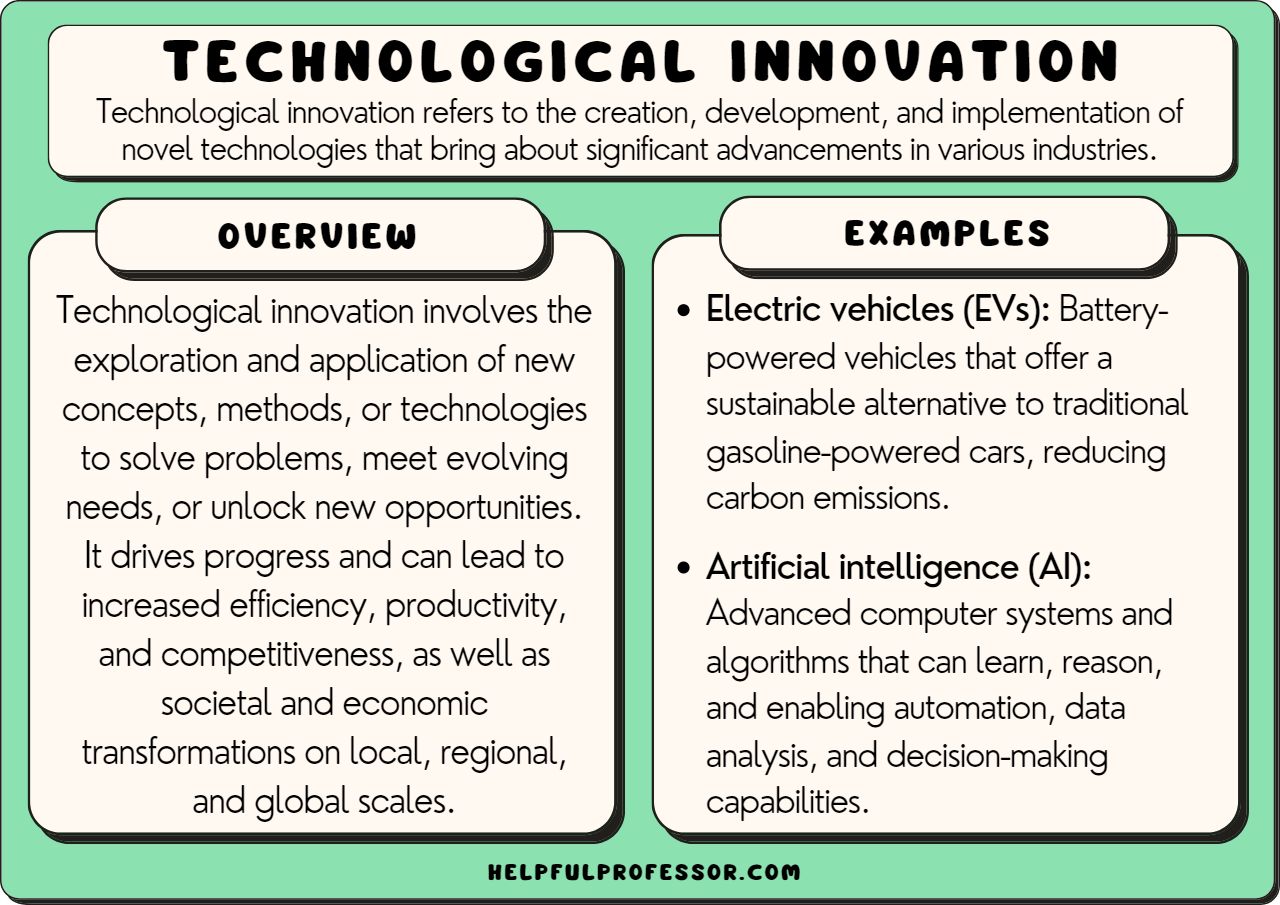"Made In Pakistan": Ahsan's Plan For Technological Advancement In Global Trade

Table of Contents
Investing in Technological Infrastructure
Ahsan's plan recognizes that a robust technological infrastructure is the bedrock of any successful export-oriented strategy. This requires significant investment in two key areas: modernizing manufacturing processes and improving digital connectivity.
Modernizing Manufacturing Processes
Outdated manufacturing processes hinder Pakistan's competitiveness in the global market. Ahsan's vision tackles this head-on by proposing substantial upgrades:
- Upgrading factories with automation: Implementing automated systems will drastically increase efficiency and reduce reliance on manual labor, leading to higher output and lower production costs.
- Implementing Industry 4.0 technologies (IoT, AI, robotics): Integrating cutting-edge technologies like the Internet of Things (IoT), Artificial Intelligence (AI), and robotics will optimize production lines, enhance quality control, and enable data-driven decision-making. This will be crucial for producing high-quality goods that meet international standards.
- Investing in skilled workforce training programs for advanced manufacturing: The successful implementation of these technologies requires a skilled workforce. Ahsan's plan emphasizes comprehensive training programs to equip Pakistani workers with the skills needed to operate and maintain these advanced systems. This upskilling is vital for the successful adoption of Industry 4.0 principles within Pakistan's manufacturing sector.
These investments will lead to increased efficiency, higher-quality "Made in Pakistan" products, and reduced production costs, making Pakistani goods significantly more competitive in the global marketplace.
Improving Digital Connectivity and Infrastructure
Seamless digital connectivity is paramount for businesses operating in today's globalized world. Ahsan's plan addresses this need through:
- Expanding high-speed internet access nationwide: Broadband access is crucial for businesses to communicate effectively, access global markets, and engage in e-commerce. Expanding access will unlock the potential of Pakistani businesses, especially SMEs.
- Investing in reliable power infrastructure: Reliable power supply is fundamental for manufacturing and business operations. Significant investment in improving power infrastructure is critical to ensure consistent productivity and avoid disruptions.
- Developing robust digital payment systems: Secure and efficient digital payment systems are essential for facilitating both domestic and international trade, attracting foreign investment and reducing reliance on cash transactions.
These improvements will create an enabling environment for businesses to thrive, attracting foreign investment and accelerating the growth of e-commerce within Pakistan, ultimately strengthening the "Made in Pakistan" brand internationally.
Promoting Technological Innovation and R&D
To truly compete on the global stage, Pakistan must foster a culture of innovation and invest heavily in research and development (R&D).
Supporting Local Startups and Tech Companies
Ahsan's plan prioritizes nurturing local talent and fostering innovation by:
- Providing funding and incubation programs: Financial support and mentorship are critical for startups to grow and develop their ideas. Incubation programs will provide the necessary resources and expertise for these ventures to flourish.
- Creating regulatory frameworks that encourage innovation: A streamlined and supportive regulatory environment is essential to encourage entrepreneurship and attract investment in innovative projects.
- Fostering collaboration between academia and industry: Bridging the gap between research institutions and the private sector will facilitate the transfer of knowledge and accelerate the commercialization of new technologies.
This focus on local startups will drive the development of cutting-edge technologies and products, directly strengthening the "Made in Pakistan" brand globally and creating high-value jobs.
Investing in Research and Development
Long-term technological advancement depends on sustained investment in R&D. Ahsan's plan emphasizes:
- Increasing government funding for R&D in key sectors (e.g., textiles, IT, pharmaceuticals): Targeted funding in key sectors will drive innovation and create new opportunities for growth.
- Collaborating with international research institutions: International partnerships will provide access to cutting-edge research and expertise, accelerating technological breakthroughs.
These R&D investments will yield significant long-term benefits, driving technological breakthroughs and creating new export opportunities for Pakistani businesses.
Enhancing Skill Development and Education
A highly skilled workforce is the engine of technological advancement. Ahsan's plan prioritizes education and training to equip Pakistanis with the skills necessary for the future.
Focus on STEM Education
Investment in science, technology, engineering, and mathematics (STEM) education is critical:
- Investing in STEM education at all levels: A strong foundation in STEM is essential for creating a future generation of innovators and technologists.
- Promoting vocational training programs aligned with industry needs: Vocational training will provide students with the practical skills needed by employers, enhancing their employability.
- Encouraging women's participation in STEM fields: Promoting gender equality in STEM will unlock the potential of a larger talent pool and contribute to a more diverse and innovative workforce.
This emphasis on STEM education will ensure a steady stream of talent to support the growth of Pakistan's technology sector.
Upskilling the Existing Workforce
Adapting to technological changes requires continuous learning:
- Providing reskilling and upskilling opportunities for workers in traditional industries: Workers in traditional industries need to adapt to new technologies. Reskilling and upskilling programs will ensure they remain competitive.
- Promoting lifelong learning initiatives: A commitment to lifelong learning will keep the Pakistani workforce at the forefront of technological advancements.
Upskilling programs are crucial for ensuring Pakistan's workforce remains competitive in the global market, adapting to the ever-evolving technological landscape.
Strategic Partnerships and Global Collaboration
International collaboration is vital for accelerating Pakistan's technological advancement and expanding market access for "Made in Pakistan" goods.
Attracting Foreign Investment
Ahsan's plan aims to attract foreign investment by:
- Creating an investor-friendly environment: Simplifying regulations and providing incentives will make Pakistan an attractive destination for foreign investors.
- Simplifying regulations: Reducing bureaucratic hurdles and streamlining processes will improve the ease of doing business in Pakistan.
- Promoting Pakistan's potential to international investors: Highlighting Pakistan's skilled workforce, strategic location, and growing market will attract foreign investment.
Attracting foreign investment will bring in capital, technology, and expertise, further accelerating technological advancements within the country.
Strengthening Trade Relationships
Expanding market access is crucial for the success of "Made in Pakistan" products:
- Negotiating favorable trade agreements: Securing preferential trade agreements will provide better access to international markets.
- Participating actively in international trade forums: Active participation in international trade events will raise awareness of "Made in Pakistan" goods and services.
- Promoting "Made in Pakistan" products globally: A concerted effort to promote Pakistani products will increase demand and strengthen brand recognition.
These efforts will significantly enhance Pakistan's global trade relationships and help position "Made in Pakistan" as a respected brand in international markets.
Conclusion
Ahsan's plan for technological advancement offers a clear roadmap for transforming Pakistan's economic landscape. By investing in infrastructure, innovation, education, and global partnerships, Pakistan can significantly strengthen its "Made in Pakistan" brand and establish itself as a major player in global trade. The success of this vision hinges on a collective commitment to embracing technology and fostering a culture of innovation. Let's work together to propel Pakistan forward and make "Made in Pakistan" a globally recognized symbol of quality and excellence. Embrace the future of "Made in Pakistan" and be a part of this transformative journey.

Featured Posts
-
 Understanding Ethereums Price A Deep Dive Into Market Dynamics
May 08, 2025
Understanding Ethereums Price A Deep Dive Into Market Dynamics
May 08, 2025 -
 Penny Pritzker The Billionaire Hotel Heiress And Her Harvard Controversy
May 08, 2025
Penny Pritzker The Billionaire Hotel Heiress And Her Harvard Controversy
May 08, 2025 -
 Xrp Etfs Potential For 800 M In Week 1 Inflows Upon Approval
May 08, 2025
Xrp Etfs Potential For 800 M In Week 1 Inflows Upon Approval
May 08, 2025 -
 Qwmy Hyrw Aym Aym Ealm Kw Khraj Eqydt 12 Wyn Brsy Ky Yad
May 08, 2025
Qwmy Hyrw Aym Aym Ealm Kw Khraj Eqydt 12 Wyn Brsy Ky Yad
May 08, 2025 -
 Mookie Betts Absence From Freeway Series Illness To Blame
May 08, 2025
Mookie Betts Absence From Freeway Series Illness To Blame
May 08, 2025
